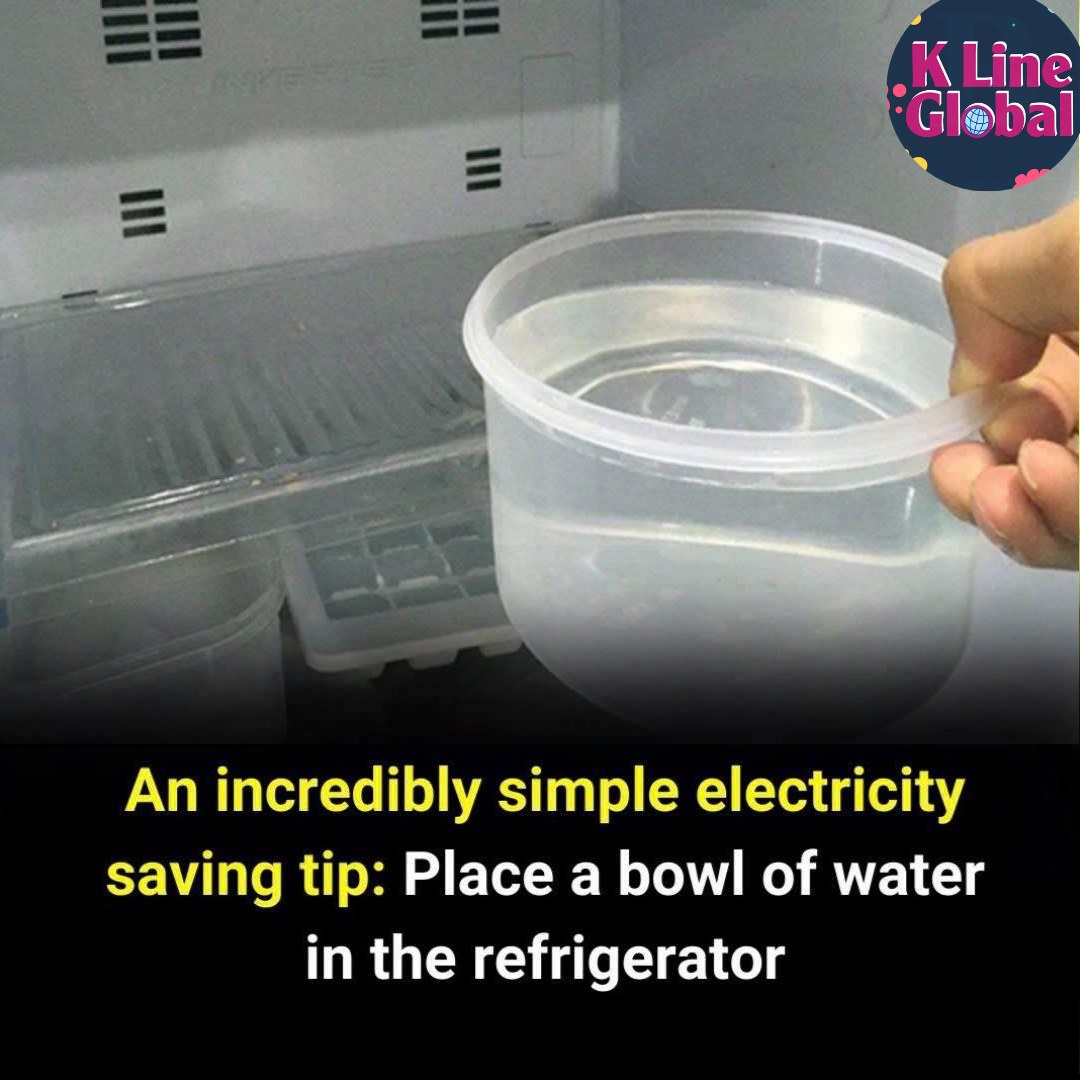
In an era of rising energy costs, finding effective ways to reduce electricity bills has become a priority for many households. While some methods require significant investments, there are numerous simple and cost-effective strategies that can lead to substantial savings. From optimizing appliance usage to adopting smart technologies, here’s a comprehensive guide to help you cut down on your monthly electricity expenses.
1. Optimize Refrigerator Efficiency
Your refrigerator runs continuously, making it one of the most energy-consuming appliances in your home. Implementing a few simple practices can enhance its efficiency:fpl.com
- Nighttime Freezing Technique: Place a bowl of water in the freezer compartment overnight. In the morning, move the frozen bowl to the refrigerator section. As the ice melts, it helps maintain a cool temperature, reducing the workload on the compressor.
- Proper Placement: Ensure your refrigerator is positioned in a cool, well-ventilated area, away from direct sunlight and heat sources. Maintain a distance of at least 15–20 cm from the wall to allow proper airflow.
- Regular Maintenance: Clean the condenser coils 1–2 times a year to remove dust and dirt. This allows the refrigerator to operate more efficiently.
- Door Seals: Check the door gaskets regularly to ensure they are intact. Damaged seals can cause cold air to escape, increasing energy consumption.nj.pseg.com
- Avoid Overloading: Do not overfill the refrigerator, as this can obstruct air circulation and force the appliance to work harder.
2. Combat ‘Phantom’ Energy Usage
Many electronic devices consume energy even when turned off, a phenomenon known as “phantom” or “vampire” energy. To mitigate this:Energy.gov
- Unplug Devices: Unplug chargers, gaming consoles, and other electronics when not in use.
- Use Smart Power Strips: These can detect when a device is in standby mode and cut off power supply, preventing unnecessary energy consumption.
3. Upgrade to Energy-Efficient Lighting
Lighting accounts for a significant portion of household electricity usage. Switching to energy-efficient options can lead to considerable savings:
- LED Bulbs: Replace incandescent bulbs with LED alternatives, which use up to 90% less energy and have a longer lifespan.The US Sun+1Ramsey Solutions+1
- Smart Lighting: Consider installing smart bulbs and dimmer switches to control lighting levels and schedules, further reducing energy usage.
4. Optimize Heating and Cooling
Heating and cooling systems are major energy consumers. Implementing the following strategies can enhance their efficiency:
- Programmable Thermostats: Install a programmable thermostat to automatically adjust temperatures based on your schedule, reducing energy usage when you’re not home.
- Regular Maintenance: Replace air filters regularly to ensure efficient airflow and system performance.nj.pseg.com+1fpl.com+1
- Seal Leaks: Use weather stripping and caulk to seal leaks around windows and doors, preventing heat loss in winter and cool air loss in summer.nj.pseg.com+1Ramsey Solutions+1
5. Efficient Laundry Practices
Laundry appliances can consume substantial energy, but adopting efficient practices can help:
- Cold Water Washing: Use cold water for washing clothes, as heating water accounts for a significant portion of energy usage in laundry.
- Full Loads: Wash full loads to maximize energy efficiency per cycle.nj.pseg.com
- Air Drying: Whenever possible, air dry clothes instead of using a dryer.
6. Smart Kitchen Habits
Kitchen appliances are essential but can be energy-intensive. Adopt these habits to reduce consumption:Natural Resources Defense Council+4couriermail+4energy.nh.gov+4
- Efficient Cooking: Use lids on pots to cook food faster and retain heat.
- Microwave Usage: Microwaves use less energy than ovens for heating small portions.
- Dishwasher Efficiency: Run the dishwasher only when full and use the energy-saving or air-dry setting.
7. Leverage Natural Light
Maximize the use of natural daylight to reduce reliance on artificial lighting:
- Open Curtains: During the day, open curtains and blinds to allow sunlight to illuminate your home.
- Strategic Placement: Arrange workspaces and reading areas near windows to take advantage of natural light.
8. Invest in Energy-Efficient Appliances
When replacing old appliances, opt for energy-efficient models:
- Energy Star Rating: Look for appliances with high energy efficiency ratings, which consume less power and reduce electricity bills.
- Inverter Technology: Choose appliances with inverter technology for better energy management and reduced consumption.
9. Monitor and Manage Energy Usage
Keeping track of your energy consumption can help identify areas for improvement:
- Energy Monitors: Install energy monitoring devices to track usage patterns and identify high-consumption appliances.
- Utility Reports: Review your electricity bills and utility reports to understand your consumption trends and adjust habits accordingly.
10. Educate Household Members
Promote energy-saving habits among all household members:couriermail
- Awareness: Educate family members about the importance of energy conservation and the impact of their actions.
- Involvement: Encourage everyone to participate in energy-saving initiatives, such as turning off lights when leaving a room or unplugging devices when not in use.
By implementing these practical and cost-effective strategies, you can significantly reduce your monthly electricity bills and contribute to a more sustainable environment. Start with small changes, and over time, these efforts will lead to substantial savings and a more energy-efficient home.



